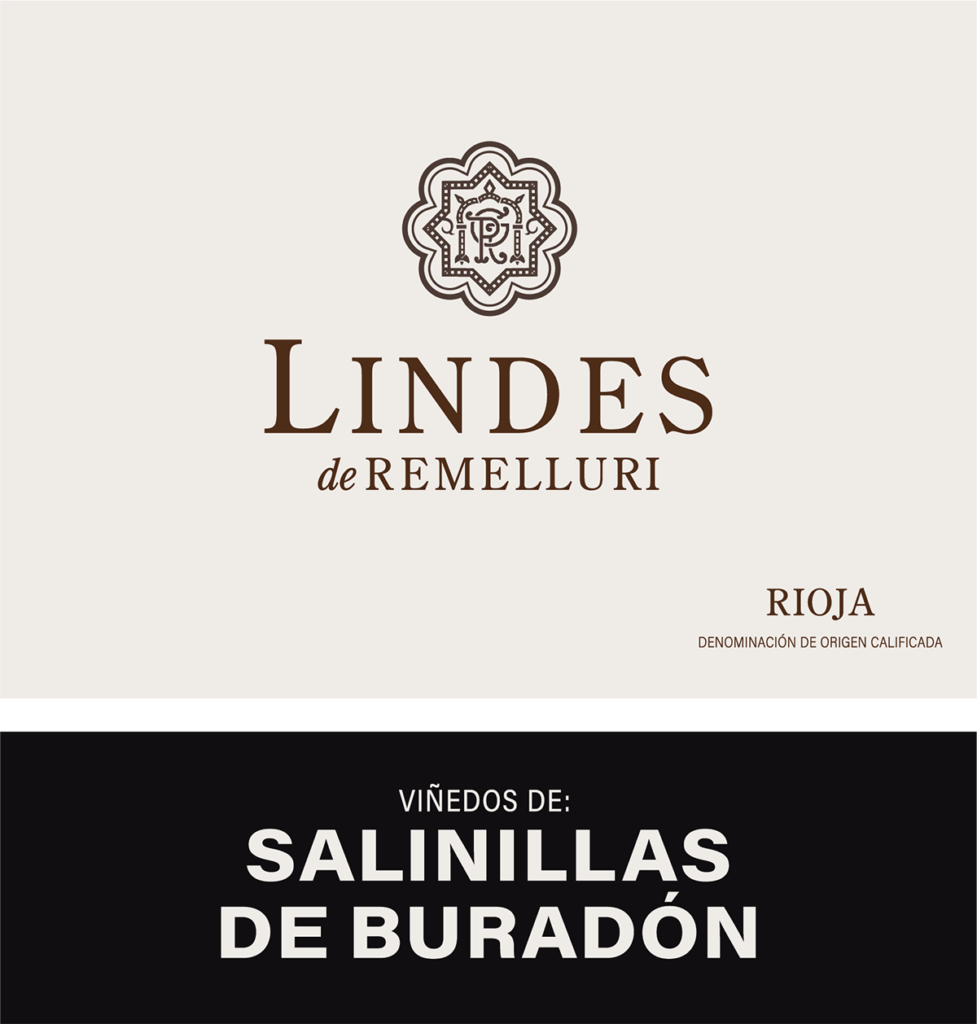Lindes de Remelluri Viñedos de Salinillas de Buradón 2020
Lindes de Remelluri Viñedos de Salinillas de Buradón 2020
Lindes de Remelluri (Borders of Remelluri) is the result of a visionary and broadly representative social initiative at Remelluri to emphasize the identity and prestige of the village-specific wines of Rioja. Lindes de Remelluri is a social and economic project rooted in collaboration with trusted grower-partners from villages near the Granja Remelluri property with the goal of improving their surroundings and communities by encouraging consumers to ask one question: Where does your Rioja wine come from?
With Lindes de Remelluri, Telmo Rodríguez seeks to evolve the dialogue regarding the future of the Rioja region from one of aging methods, grape varieties, and blends (wines made in the cellar) to a conversation focused on villages, sites, terroir, and responsible economic and ecological vineyard stewardship (wines made in the vineyard). The growers for Lindes utilize ancestral farming techniques, which include organic, biodynamic, and regenerative vineyard practices.
Salinillas de Buradón, a small hamlet of Labastida, are the most northerly vineyards in Rioja and the last to be harvested. Salinillas de Buradón, which takes its name from the nearby ancient salt mines, became an important stop for travelers crossing the Sierra de Cantabria mountains, where they were required to pay a toll. The historic wines of the village eventually disappeared and were only just recovered beginning in the 1980s with plantings of bush-trained tempranillo and garnacha.
The high-elevation mountain vineyards of Salinillas de Buradón consist mostly of small, south-facing plots in the Sierra de Toloño mountains, which protect them from the cold and humidity of the Cantabrian Sea to the north. Located at the northern end of the Basque Rioja Alavesa sub-appellation on the left bank of the Ebro River, Salinillas is influenced by the cool Atlantic climate, providing substantial seasonal and diurnal shifts in temperature, with typically warm, dry summers. Harvest often takes place in late September and early October.
Viñedos de Salinillas de Buradón is made from 4.5ha of south-facing vineyards planted on highly porous quartz salts with bright red ferric clay and blue marl (rare for Rioja) that give the village a unique profile. The village produces serious, stately wines with excellent tension and a strong mineral streak.
Vinification – In the cellar, rather than using winemaking and technique to transform the wines, they aim for consistency across the range to guide each expression to reach the full potential of the place. Telmo describes the Lindes winemaking as a “winery in the back, village in the front.” Grapes for Lindes are hand-harvested in small crates and spontaneously fermented with native yeasts in stainless steel. The wine undergoes spontaneous malolactic fermentation and is aged 12 months in oak barrels of various provenance, size, and age.


